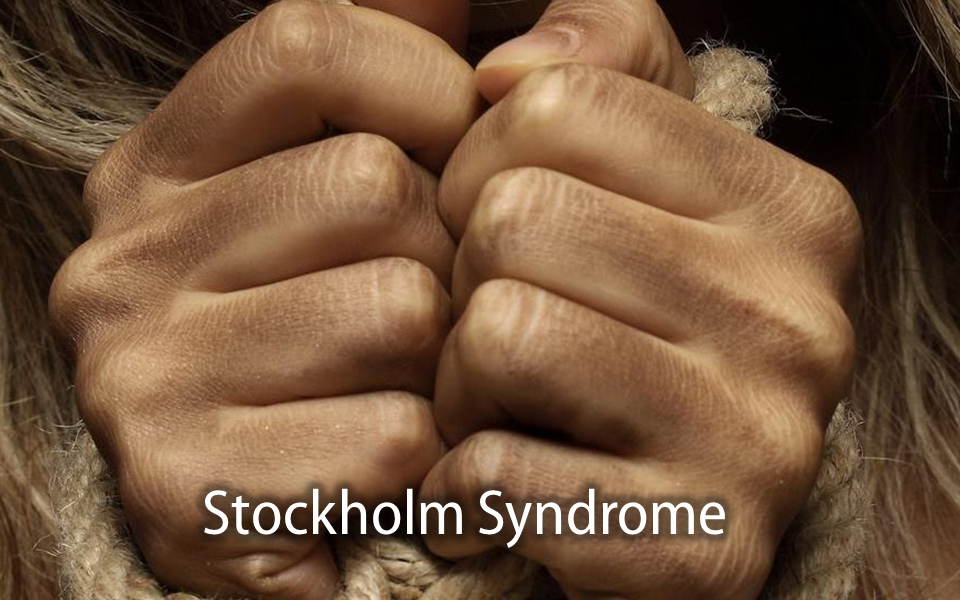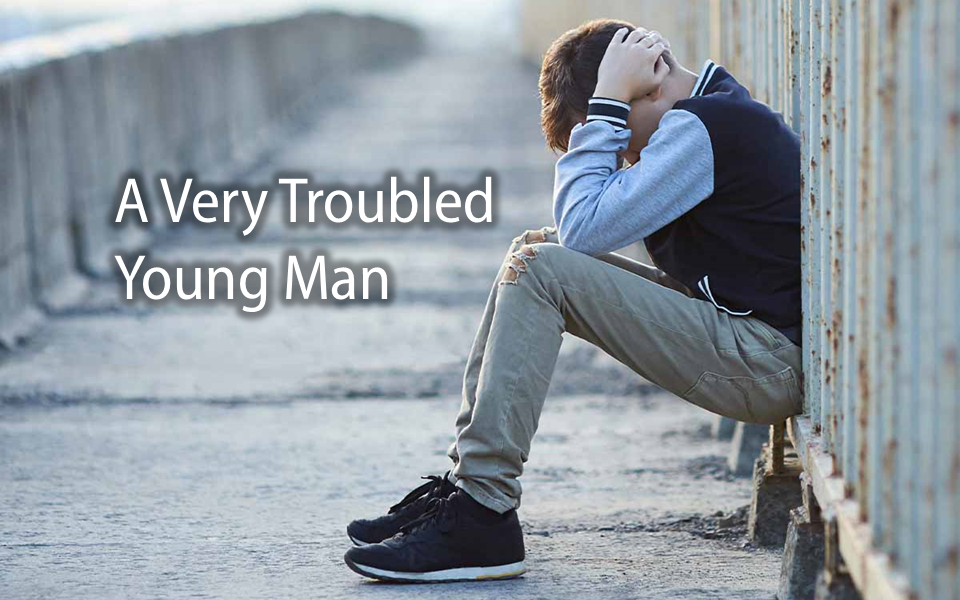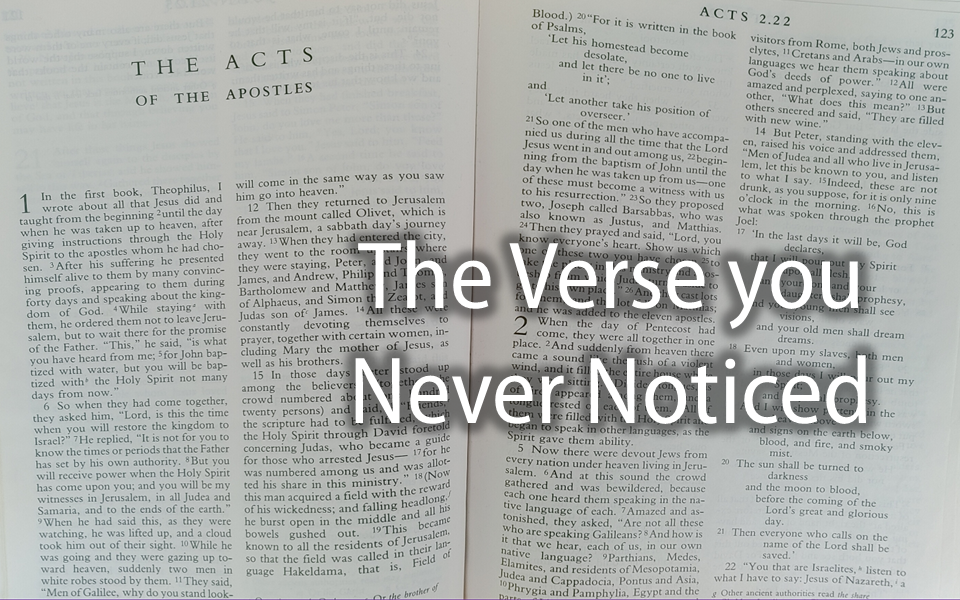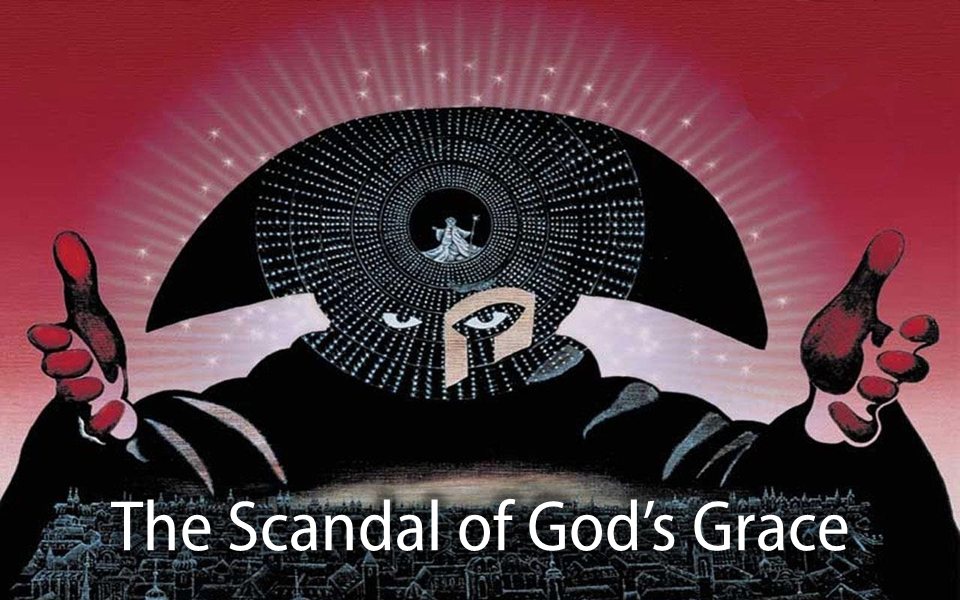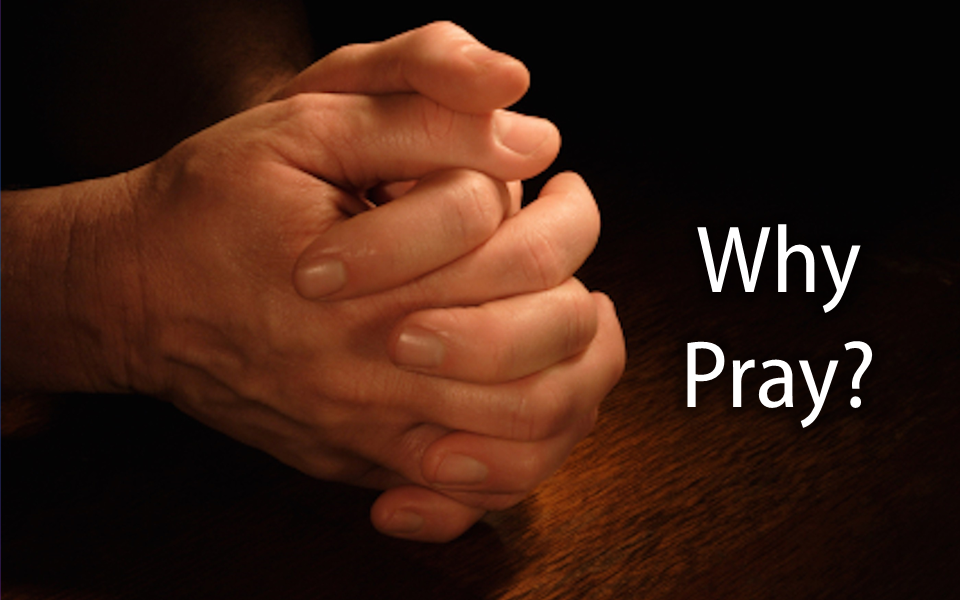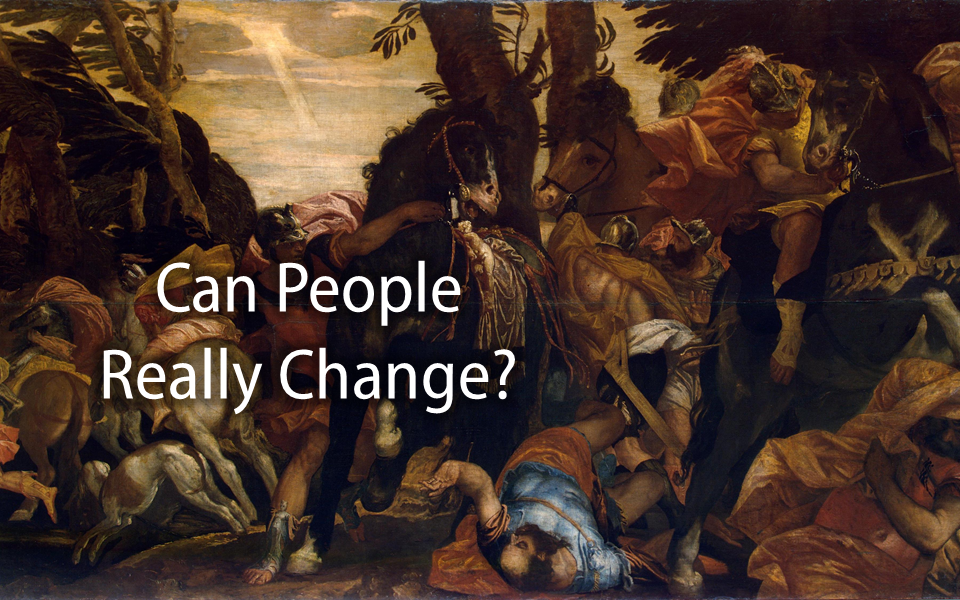Hespeler, July 10, 2022 © Scott McAndless
Amos 7:7-17, Psalm 82, Colossians 1:1-14, Luke 10:25-37
It all started for Amos in the oddest way that you could imagine. He was returning home from work one afternoon. He had spent his day dressing sycomore trees, a job that was normally done by itinerate workers like him. Sycomores produced a fruit that was considered to be of little value. It was also troublesome to grow because the fruit didn’t even ripen unless workers like him came around and pierced the husk around the fruit with a sharp stick at the right time of the year. The work didn’t pay well, but Amos actually didn’t often have much choice. In between short-term gigs working as a herdsman, it was often they only work he could find.
Though his situation in life often meant that people underestimated Amos, he did have a quick and curious mind. And as he was walking home that day, something did pique his interest. He came upon a man who was working on a house. The house was in pretty bad shape and this man had obviously been hired to do some long overdue repairs.
A Plumb Line
But what Amos found particularly interesting was that the worker was holding a strange contraption as he came up. He held a string that had a weight attached to the end of it up against one of the walls of the house. He was sadly shaking his head.
Amos, ever a friendly man, struck up a conversation with the worker and asked him what he was doing. That was how Amos came to learn that the device the man was using was called a plumb line. The builder used it to show Amos how the wall he was working on was in bad shape.
The Wall
“You see,” he said holding the line up against the wall, “the wall should follow the line of this string, but it is going off at a bad angle. There is too much weight resting on the top of the wall and not enough support from the smaller stones below and so the bottom is starting to crumble. This wall is not in good shape. In fact, if the owner of this house had waited much longer to call on me, I’m pretty sure it would have collapsed.”
For some reason, the image of that plumb line held up against that crooked wall remained with Amos as he continued on his way. He just couldn’t get it out of his head. In his dreams that night, it came to him again and then was followed by a vision of a collapsing house. When he awoke the next morning, he was convinced that there was a reason why he had seen that plumb line. It wasn’t just that construction worker who had shown it to him. He believed that Yahweh, his God, had shown it to him.
An Image Leads to a Journey
And that was really how it started. Because he couldn’t get the picture of a plumb line out of his head, a few weeks later Amos found himself on the road leaving his hometown of Tekoa. He was on his way to Bethel, which was the chief sanctuary of the Kingdom of Israel. After endless days meditating on that plumb line, Amos had concluded that it could only mean one thing. It was a message from Yahweh for the Kingdom of Israel.
Under its king, Jeroboam, Israel was living through a time of unprecedented strength and prosperity. It dominated the entire region both economically and military, so much so that Amos had constantly felt that influence even as a poor migratory worker in the neighbouring land of Judah. How often had he crossed the border looking for work and been mistreated? But the more that Amos reflected on the Kingdom of Israel and the things he had learned about it in recent years, the more it reminded him of that wall that he had seen on the verge of collapsing.
The kingdom had built its prosperity upon the labour of the farmers and workers and, yes, even upon the backs of lowly herdsman and dressers of sycomore trees. But it was the people at the top who had grown fat from all of this. The structure of the whole society was out of whack and Amos could see now that collapse would inevitably follow. Yes, Amos had a message from Yahweh and having received it, he knew he had to share it with the people of Israel before it was too late.
The Sanctuary at Bethel
Amos stood in the middle of sanctuary at Bethel, just off to the side of the main avenue. A larger crowd than he had ever encountered in his life was passing him in his filthy, second-hand shepherd’s robe. He had arrived here earlier this morning shortly after entering the territory of Israel from the south.
He had never seen anything quite like it in his life. There was a large altar connected to a sanctuary that contained a calf that had been covered with beaten gold. There were houses for the priests, a treasury and a huge collection of booths and tents that had been set up by all manner of prophets and seers who were selling oracles and divinations. There were also merchants who were hawking teraphim and idols as well as food and drink.
It was all rather overwhelming for a hick like him from Tekoa. But after a couple of hours in this strange place, he had begun to understand the social structure and interactions of this place. The great mass of the people who had come here for the festival seemed to be poor peasants, some of whom had brought a small lamb or heifer to sacrifice and feast on.
The Samaritan Elite
But there were also others who had come – men and women who were finely dressed and attended by large retinues of slaves and clients. They were clearly the elite who had come from the capital of Samaria for the festivities. As he recognized them for what they were, he knew that these were the ones, above all, that Yahweh had sent him to challenge and defy.
But Amos had yet to find his voice. He was having a hard time believing that anyone would care about whatever he had to say about the situation in Bethel, even if he did speak for Yahweh.
But just then there was a group of wealthy women from Samaria who passed in front of him. They were well-fed and had fine robes and painted faces. They were laughing and giggling together, but the thing that really bothered Amos about them was the fact that they seemed quite oblivious to all the people who surrounded them and who were anything but well-fed.
That was when the rage that had been building inside Amos since he had arrived finally broke through and he began to shout. He addressed the women directly.

“Listen to me you fat cows of Bashan who spend your days grazing on the slopes of Mount Samaria.” He pointed at them directly. “You, you are the ones who oppress the poor, who crush the needy. And how do you do it? You do it by ordering your husbands around. ‘Bring us something to drink! Bring us whatever we desire!’” (Amos 4:1)
Amos Gets an Audience
And just like that, Amos had an audience. Most of the people who were coming to the festival day after day were only too happy to listen to him. Indeed, as the days went on, many came specifically to seek him out and hear what he had to say. They had heard of the strange preacher from Judah who had come to Bethel as word of his oracles spread throughout the surrounding fields and villages. Most of them were only too happy to hear the way that he piled his abuse and scorn upon the Samaritan elite. So he often had them in the palm of his hand.
As for the members of the elite who were coming to the festival, they did what they could to quietly shut him down. They complained to the local priesthood and the authorities, but, for the moment at least, the authorities at the sanctuary could only see the simple fact that Amos was bringing more people out to the festival and so they only made half-hearted efforts at telling him that he needed to tone down his rhetoric.
A Oracle Against the Rich
“Hear this, you who trample on the needy, and bring to ruin the poor of the land,” he shouted out to the elite while a growing band of admirers egged him on. “Here is what you are saying, ‘When will this damn festival be over so that we may sell grain at a big profit? When will the Sabbath end, so that we may offer our big surplus of wheat for sale?” That one always got a big laugh; you know what they say, it’s funny because it’s true! But what Amos said next inspired much more anger than laughter.
“I know what you say to yourselves,” Amos screamed. “you say, ‘since we control the whole system, we will trick the people with false weights and measures. We will push people into debt over the purchase of something as small as a pair of sandals and then, when they can’t pay, we will make them our slaves. Why, we will even sell off the garbage we sweep up from the floor of our barns at a big profit. And there’s nothing anybody can do about it!’” (Amos 8:4-6)
A Dangerous Core
So did Amos preach through all the days of the festival. And, as long he was speaking in this way and mocking the rich while saying the things that the poor folk didn’t dare to say out loud, it seemed as if he was untouchable. The authorities of the sanctuary did not act against him for fear of driving the crowds away.
But there was a core to Amos’ message that wasn’t quite so popular and that was much more dangerous. It went back to that original vision of the plumb line. For Amos was not only saying that the rich needed to stop oppressing the poor as they had been doing, he was also announcing that the consequence would be the collapse of the society itself.
“Thus says Yahweh,” Amos announced, “‘See, I am setting a plumb-line in the midst of my people Israel; I will never again pass them by; the high places of Isaac shall be made desolate, and the sanctuaries of Israel shall be laid waste, and I will rise against the house of Jeroboam with the sword.’”
Amaziah’s Intervention
That was dangerous; that was treason. And the officials decided that they could not stand for it. Amaziah, the priest of the sanctuary, sent word to King Jeroboam of all that Amos was saying and he got back the authorization he needed. It was time to shut the prophet down.
And so Amaziah went, flanked by lesser priests, to confront Amos. He came up to him and cut him off in the middle of one of his rants. “O seer,” he said, “go, run away back home to the land of Judah. You can sell your oracles and earn your bread there, and prophesy there; but never again prophesy at Bethel, for it is the king’s sanctuary, and it is a temple of the kingdom.”
Amos looked around at the various seers and prophets who were selling their oracles to the people. One of them, in a booth nearby, had a special on that day, two oracles for the price of one. Another was had an offer out; for just a half bushel of grain, he would tell you whether your wife would have a boy or a girl or give you the name of the man that your daughter would marry.
Amos’ Reply
Amos laughed. “You think that I am one of those charlatans and fortune tellers? You think I’m here to exploit these people like their wealthy overlords do? I am no prophet, nor a prophet’s son. Know what I am? I am a herdsman, and a dresser of sycomore trees. There is only one reason why I am here. Yahweh took me from following the herds, and Yahweh said to me, ‘Go, prophesy to my people Israel.’”
“I am not under your authority; Yahweh has sent me here. Therefore, if you try to shut me down, I can promise you this: Your wife shall become a prostitute in the city, and your sons and your daughters shall fall by the sword, and your land shall be parcelled out by line; you yourself shall die in an unclean land, and Israel shall surely go into exile away from its land.”
The First of a New Kind of Prophet
Amos is absolutely fascinating figure. In many ways, he is a man who changed history. Because he was the first. He was the first man who spoke for his God, Yahweh, in a very particular way. At least, he was the first one whose words were written down in a book.
But Amos didn’t see himself as a prophet or a seer. He knew he was just an ordinary person. Before him, prophets and seers were people who hung around at sanctuaries like the one at Bethel and made their money selling trinkets and oracles and auspices to the common people for a few coins or goods. But Amos spoke a message that was a warning to the whole kingdom – a warning that was as much political and economic as it was theological and spiritual. And that was what made him so very dangerous.
Is God Showing you any Plumb Lines?
But the really amazing thing, as far as I’m concerned, is what set him on that track. He saw a plumb line one day, it made him ask some questions about what was wrong with the Kingdom of Israel. And, when he figured out some answers to those questions, he knew he had received a message from Yahweh and that he had no choice but to go and speak it even at the risk of his own life.
It makes me wonder, how many times has God shown us a plumb line or something else that illustrates what’s wrong with the economic or political realities of our kingdom? You see, a prophet is not someone who hears voices and knows without a doubt that this what God is saying right now. A prophet is a herder and a dresser of sycomore trees – an ordinary person who’s got a brain and can interpret what it means when he or she sees a plumb line or some other everyday object. Oh, that the Lord would send us more prophets like that!
